SUMMARY
This is AI generated summarization, which may have errors. For context, always refer to the full article.
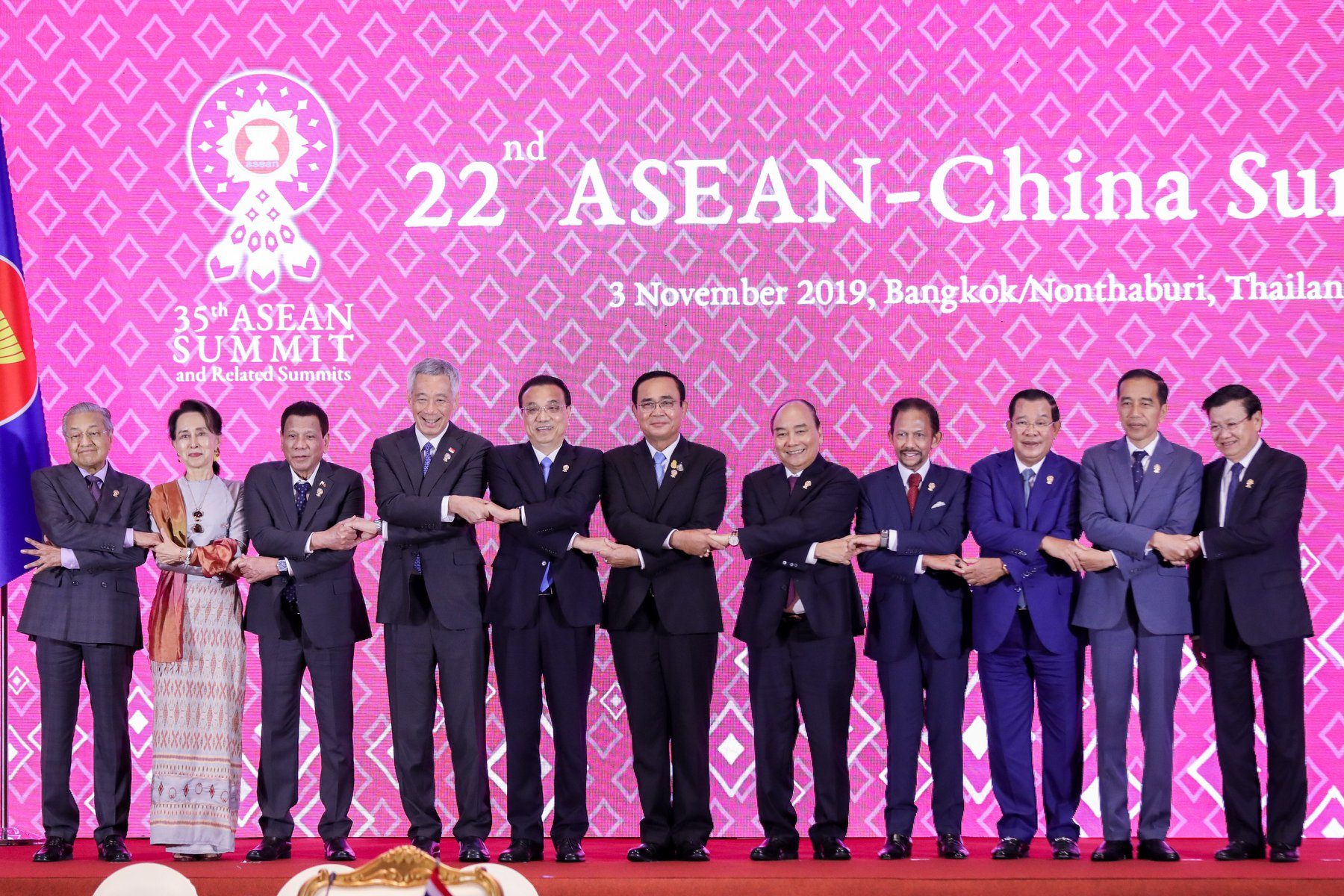
Philippine Foreign Secretary Teodoro Locsin Jr vowed the government will push to ensure that the landmark 2016 Hague ruling against China will be incorporated in the South China Sea Code of Conduct (COC).
Speaking on ABS-CBN News Channel’s Headstart on Wednesday, August 26, Locsin said this was a must because the code is meant to ensure stability in the volatile waterway.
“I have made known…there can never be an accommodation that sets aside the Arbitral Award. Obviously, they will not refer to it directly; but even by implication – I have a very good ear for implications – and that I will oppose,” Locsin said when asked what the Philippines’ non-negotiables were as far as the code was concerned.
Why this matters
Locsin said he also opposed proposals to keep foreign powers out of the strategic waterway.
“I said, no, that completely undermines the very independence of the countries who are now going to agree to a Code of Conduct so we don’t unnecessarily hurt each other – unnecessarily,” he said.
With this explicit position, Locsin’s remarks are a departure from a statement made by Malacañang in 2017. Back then, Presidential Spokesman Harry Roque said he did not see how the historic ruling would have a place in the code as it was only binding on the Philippines and China.
Former Philippine foreign secretary Albert del Rosario, who was among those that led the Philippines historic case against China, earlier stressed the importance of ensuring the Hague ruling becomes an “integral part” of the COC.
Locsin’s remarks on the COC also follow one of the strongest statements the Philippines made on it during the ruling’s 4th anniversary last July. At the time, Locsin cited the legal victory as a “non-negotiable” for Manila as he called on Beijing to comply with it. This was a first under the Duterte administration.
Latest on sea code
The Association of Southeast Asian Nations (ASEAN) and China earlier said they wanted to finalize the South China Sea code of conduct by 2022 – a target date analysts said was now “off the rails” due to postponed negotiations and growing concerns over Beijing’s recent aggressive actions taken against Southeast Asian claimant states.
So far, Locsin said the text of the code had been finalized for discussions but not yet approval.
Maritime experts earlier suggested that Southeast Asian countries rally behind the historic 2016 Hague ruling as a way to push back against China’s aggressive behavior.
ASEAN, after all, is key in enforcing the Hague ruling. Analysts said the arbitral award was not only a victory for the Philippines.
The Philippines’ lead counsel Paul Reichler earlier said that the support of other coastal states in the region is crucial.
Reichler told Rappler: “How do you get a big and powerful state to comply with its obligations especially if you are a much smaller and much less powerful state? It has to be by joining forces with other states that have similar interests in encouraging China, in pressuring China, to comply with international law and to respect their sovereign rights.” – Rappler.com
Add a comment
How does this make you feel?


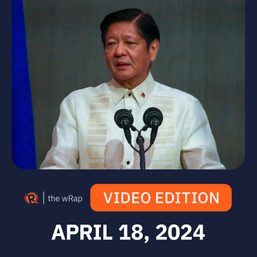
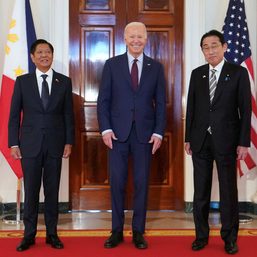

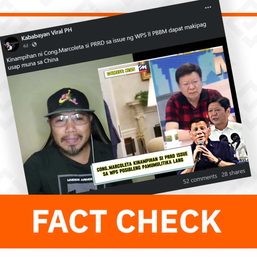
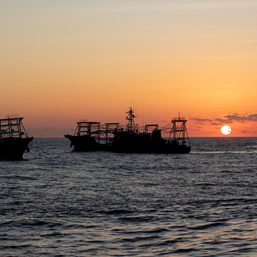
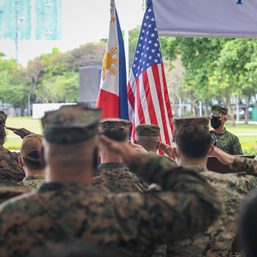
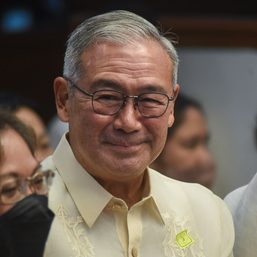
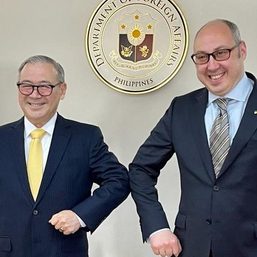
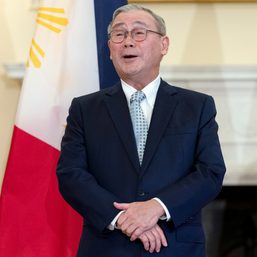
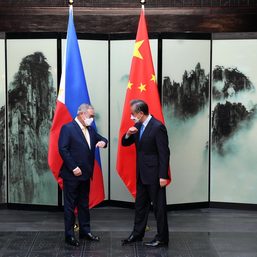
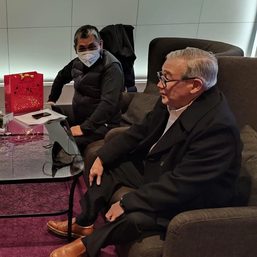
There are no comments yet. Add your comment to start the conversation.